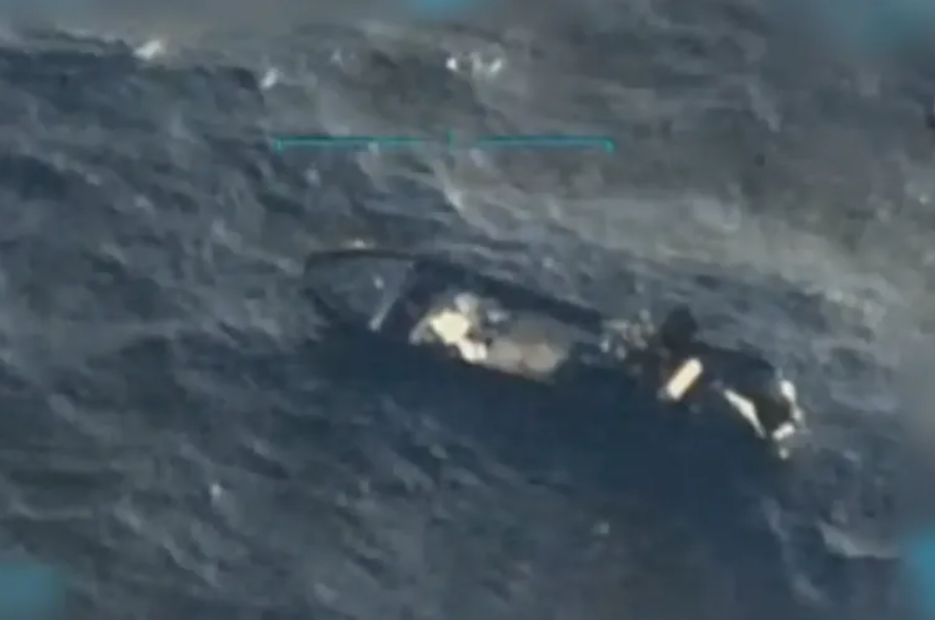The United States has carried out at least six military strikes on boats in Venezuelan waters since early September, killing around 27 people, according to official figures.
While Washington claims the vessels were drug-smuggling boats, Venezuelan authorities and international observers warn that these operations signal a dangerous escalation in US military activity in the Caribbean Sea.
Latest Strike and Command Shake-Up
On Thursday, the US military launched another strike on what it described as a “drug-laden vessel.” The attack coincided with the surprise early retirement announcement of Admiral Alvin Holsey, head of the US Southern Command — a post typically held for three years.
US Secretary of War Pete Hegseth confirmed Holsey’s retirement on X, saying he would step down by year’s end. The timing has fueled speculation about internal dissent within the military over President Donald Trump’s increasingly aggressive campaign in the region.
Just a day earlier, Trump confirmed that he had authorized the CIA to conduct covert operations in Venezuela, adding that he was also “considering land-based attacks.”
“A lot of drugs come from Venezuela, mostly through the sea,” Trump told reporters. “We’re stopping them at sea — and we’ll stop them on land too.”
Venezuelan Response
Venezuelan President Nicolás Maduro, in a televised address, accused Washington of pursuing another failed regime-change operation.
“These are not anti-drug missions — they are acts of aggression, carried out by the CIA and blessed by a White House that wants to recolonize Latin America,” he said.
Maduro called for international condemnation, warning that continued strikes could destabilize the Caribbean region.
The Numbers and the Narrative
According to reports, six strikes since September have left 27 dead, with a few survivors recovered in the most recent incident. US officials have declined to disclose details about the identities of the victims or the ownership of the targeted vessels.
Human rights experts appointed by the United Nations have condemned the attacks as “extrajudicial executions”, demanding transparency and accountability.
Wider Implications
Analysts say the ongoing operations may be part of a broader effort by Trump to project power across Latin America, while bolstering his domestic narrative of being tough on narcotics.
But critics warn that these actions risk plunging US–Latin America relations into a new phase of confrontation — one where the war on drugs becomes a proxy for political control.



